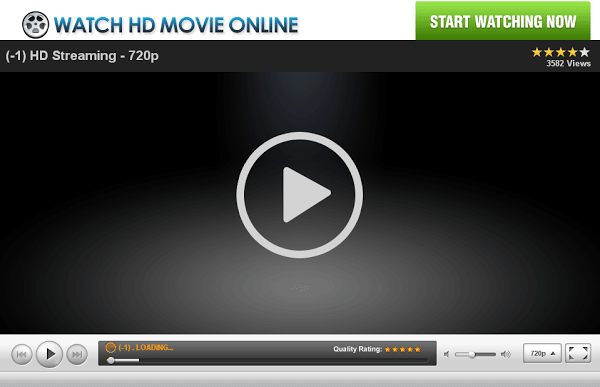General News
Disney Plus’ Mulan 2020 Set to Hit TV Screens After All: (Release, caste)

Is the traditional movie-going experience under threat from digital streaming platforms? Disney’s decision to bypass cinemas and take its blockbuster Mulan directly to Disney+ could be a sign that the beginning of the end is already here.
Disney delayed the release of Mulan multiple times already, kicking the can down the street since the coronavirus pandemic first made its presence felt earlier this year. Months and months of frustration have passed with release dates moved, only to be moved again.
Hope springs eternal, so they say. Suppose hope things would go back to normal – sooner rather than later – was one of the underlying motivations behind Disney’s decision to delay releasing Mulan to the masses held captive at home by the global pandemic.
That and, more importantly, a long-standing business model that underscores Hollywood blockbusters, which in truth handcuffs all other options. It’s a business relationship that has worked well for both parties for a very long time and in a dollars-and-cents perspective would be in all fairness a massive gamble to go against.
This song #Reflection always represents exciting and new chapters & energy for me. I hope you enjoy this fresh new take. My new rendition of @DisneysMulan’s #Reflection — out now! https://t.co/IzKDJZHE2m
— Christina Aguilera (@xtina) August 28, 2020
Last year, global box office revenues hit $42bn, which marked an all-time record. And Disney, Hollywood’s biggest movie studio, made a record 13.2 bn in ticket sales the same year.
Understandably, high expectations preceded Mulan to deliver on the bottom line. The film cost a fortune to make – in the $200m region. Which doesn’t include apparently all other investments in marketing and advertising and so on. But the hype and buzz surrounding it promised smashing box office success and, potentially, even Oscar betting favoritism in various categories.
Only in late July, Paul Dergarabedian, senior media analyst at Comscore (SCOP), when speaking to CNN Business about the relationship between cinemas and studios alluded to the very ties that bind in a pragmatic way. “It’s both financial and symbolic,” he said in an interview.
Dergarabedian added that dismissing the relationship out of hand, in the midst of coronavirus-mandated measures that forced the shuttering of cinema theatres the world over and ground the film industry to a halt, would be akin to biting the hand that feeds you.
“It’s one thing if smaller or independent films go to digital, but blockbusters are a different animal. If they skip theatres, it shatters the setup the industry has had for decades, which has benefited both theatres and studios.”
Hollywood studios did experiment with digital releases during the pandemic, but mostly with lesser films. Films that may not have been expected to do great at the box office or films that studios have lost faith in the longer the public health crisis continued.
Trolls: World Tour going to digital was the first significant film to go straight to digital. The first installment of Trolls had brought $120m over a period of five months in theatres and taking it out of the hands of cinemas and straight to digital caused some waves.
In May, Universal Studios made the decision to give the DreamWorks-inspired Trolls: World Tour, a digital release at $19.99 a pop rather than delay its cinema release. To the surprise of many, the film made $100m in its first three weeks in the US!
As far as experiments go, Trolls: World Tour, did well under the circumstances. However, comparing it to Mulan…, well, it’s a bit apples and oranges, isn’t it? Production budgets, development costs, filming, logistics, actors, directors – the two films are poles apart on all those scores.
Touching on the comparison, Dergarabedian said, “with all due respect, “Trolls World Tour” wasn’t expected to bring in the ticket sales of a thriller from Christopher Nolan, arguably Hollywood’s most prominent director, and a movie based on an animated classic from Disney (DIS), Hollywood’s biggest movie.”
And yet, the inevitable came to pass after all: on August 4, Disney CEO Bob Chapek announced that due to the on-going coronavirus crisis, Mulan would after all hit a TV screen near you, on the Disney+ channel for the attractive price of $29.99 a pop.
Although Chapek insisted the decision wasn’t indicative of a planned future shift in Disney’s business model, it was nevertheless a watershed decision that went against the establishment and snatched the blockbuster out of the expectant reach of cinemas, sending seismic shockwaves through the industry.





